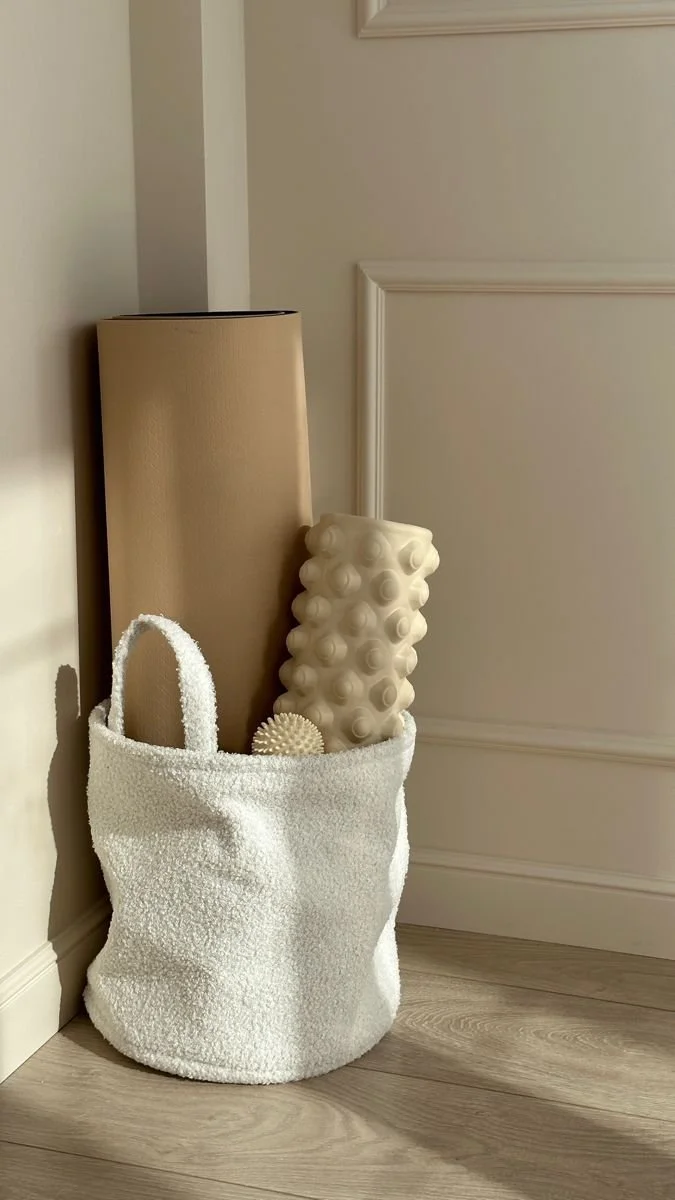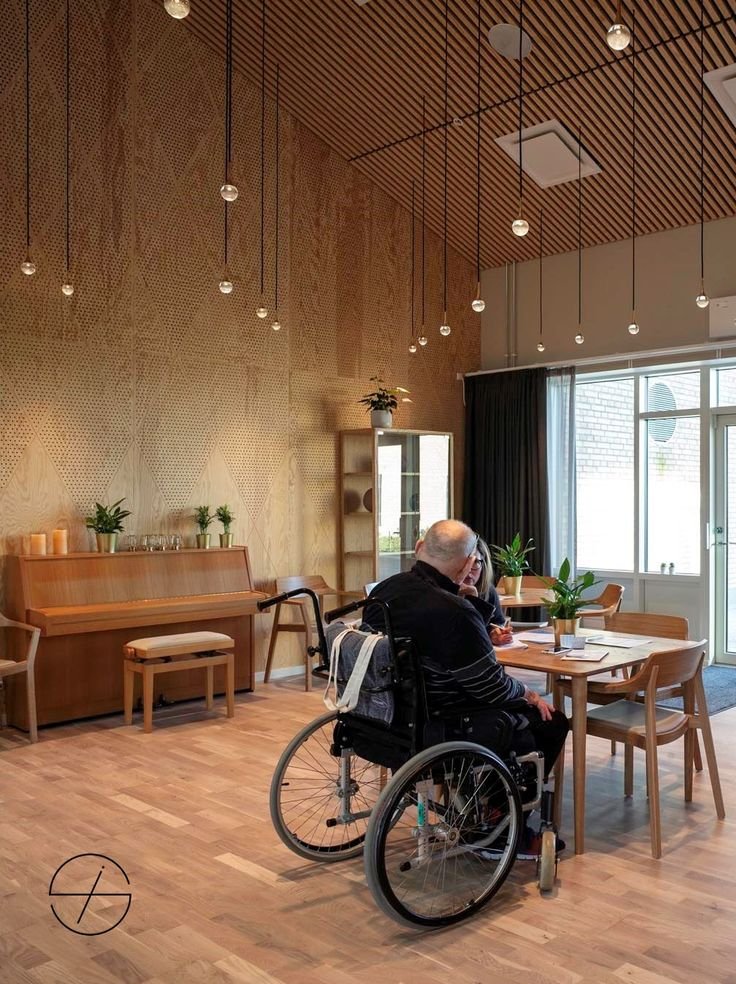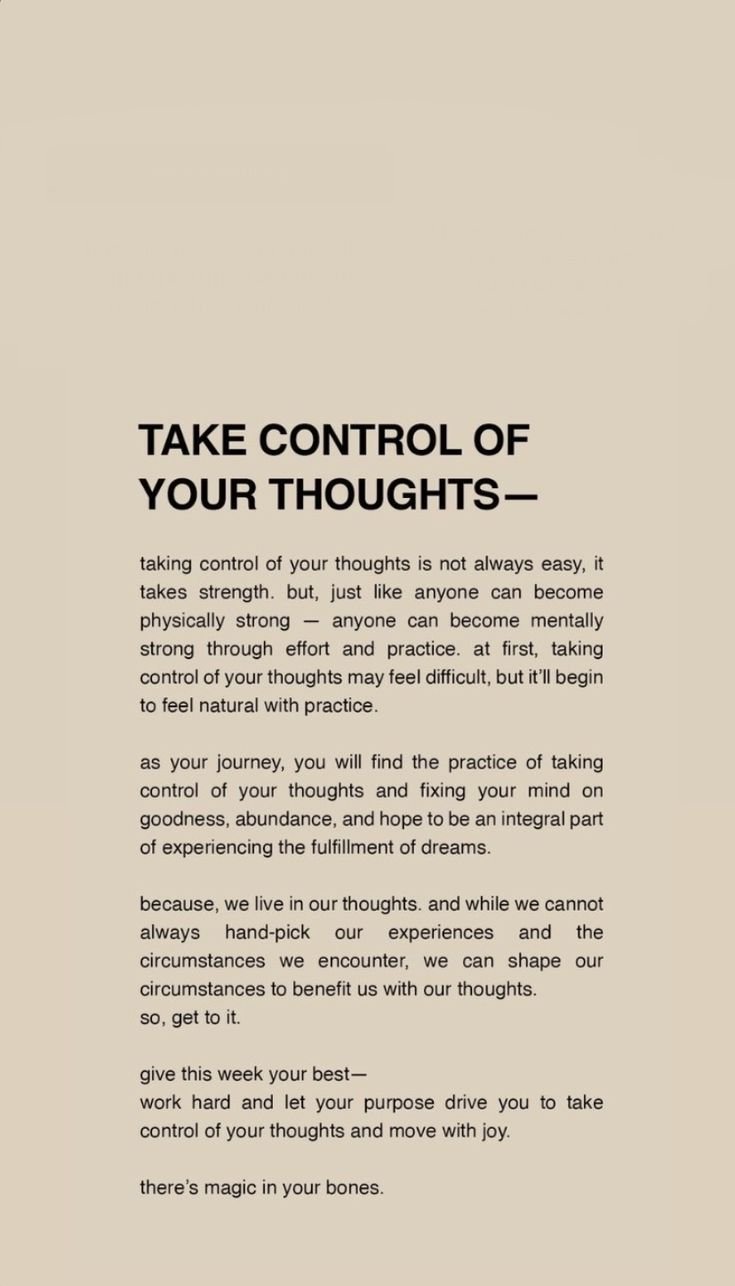With the growing trend toward remote work and flexible lifestyles, utilizing a garden room for business purposes has become increasingly popular. Whether it's a home office, a creative studio, or a consulting space, garden rooms offer a versatile and customizable solution for entrepreneurs and professionals looking to convert under-utilized spaces into useful and inspiring workspaces.
Are you considering transforming your workspace into a serene and inspiring environment that fosters creativity and productivity? Consider creating a garden room for your business—a space that combines the tranquility of nature with the functionality of a professional setting. Converting a garden room into a business environment can create a harmonious balance between work and well-being, leading to more creativity, fulfillment, and motivation.
Should you decide to transform a garden room into a functional business space, a detailed plan is necessary. This article explores the key aspects to consider when setting up a garden room for business.
No. 1
Benefits of a Garden Room for Business
Enhanced Creativity - Surrounded by greenery and natural elements, employees can experience a boost in creativity and innovation, leading to fresh ideas and solutions.
Improved Well-being - The presence of plants and natural light can contribute to reduced stress levels and increased overall well-being.
Increased Productivity - A garden room can serve as a refreshing change of scenery, helping you stay focused and energized throughout the workday.
No. 2
Legal and Zoning Regulations
Before embarking on any business endeavor in your garden room, it's crucial to research and understand the legal and zoning regulations governing your property. Check with local authorities to ensure compliance with building codes, permits, and zoning restrictions related to home-based businesses.
Some areas may have specific regulations concerning the size, use, and appearance of garden structures used for commercial purposes. Understanding these regulations upfront can prevent potential setbacks and ensure a smooth transition to operating your business from your garden room.
No. 3
Design and Layout
The design and layout of your garden room play a significant role in its functionality and productivity as a business space. Consider the specific requirements of your business, such as workspace layout, storage needs, and client interaction areas.
Head to ukgardenbuildings.co.uk to find a range of sizes and shapes to get inspired. You should optimize natural light and ventilation to create a conducive work environment, and incorporate ergonomic furniture and storage solutions to maximize space. Customizing the design to reflect your brand identity and business aesthetic adds a professional touch and enhances the overall ambiance of the space.
No. 5
Technology and Connectivity
Ensuring seamless technology and connectivity is essential for running a successful business from your garden room. Evaluate your internet connection and consider options for boosting signal strength, such as Wi-Fi extenders or wired connections. Invest in quality hardware, including computers, printers, and communication devices, that meet the demands of your business operations.
Additionally, incorporate adequate power outlets and charging stations to accommodate your electronic devices and peripherals. Implementing backup solutions, such as uninterruptible power supplies (UPS) and cloud storage, safeguards against potential disruptions and data loss.
No. 4
Comfort and Climate Control
Creating a comfortable and climate-controlled environment in your garden room is essential for productivity and well-being. Insulate the structure to regulate temperature and minimize energy consumption, especially in regions with extreme weather conditions. Install heating and cooling systems, such as air conditioning units or space heaters, to maintain comfortable temperatures year-round.
No. 4
Key Elements
Plants - Incorporate a variety of indoor plants to add color and vitality to the space. Plants such as peace lilies, snake plants, and pothos are known for their air-purifying qualities.
Windows - Consider natural ventilation options like windows and skylights to enhance airflow and indoor air quality.
Natural Light - Maximize natural light exposure by positioning workstations near windows or skylights. Natural light can improve mood and alertness, reduce fatigue, and promote productivity during long work hours.
Comfortable Seating - Provide ergonomic chairs and cozy seating options to ensure you are comfortable and supported while working.
Greenery Wall - Consider installing a greenery wall filled with lush plants to bring the calming effects of nature indoors.
Mindful Design - Opt for natural materials like wood and stone to enhance the organic feel of the space.
Minimal Clutter - Keep the space clutter-free to promote a sense of calm and focus.
Personal Touches - Personalize your workspace with items that bring you joy and inspiration.
No. 5
Security and Privacy
Protecting your business assets and sensitive information requires adequate security measures for your garden room. Install robust locks, security cameras, and alarm systems to deter unauthorized access and safeguard valuable equipment and documents. Implementing other digital security measures, such as encrypted networks and password-protected devices, adds an extra layer of protection against cyber threats and data breaches.
Consider additional privacy-enhancing features like frosted glass or window treatments to prevent prying eyes and create a secluded workspace.
Takeaways
Using a garden room for business presents a unique opportunity to blend work and lifestyle seamlessly while maximizing the potential of your outdoor space.
By considering legal regulations, designing a functional layout, ensuring technology connectivity, optimizing comfort and climate control, and prioritizing security and privacy, you can create a conducive and professional environment for your business endeavors.
With careful planning and attention to detail, your garden room can become a thriving hub of productivity and innovation, enhancing your work-life balance and well-being and empowering your entrepreneurial journey.
THE LIST
Business
At Hello Lovely Living, we understand the importance of empowering individuals on their journey toward independence. One essential aspect of this journey is establishing your presence and credibility in the ever-evolving world of business and entrepreneurship.
✔️
Inc Authority
This is where Inc Authority comes into play: Inc Authority is a reputable platform and #1 rated service on TrustPilot that specializes in helping individuals realize their dreams of business ownership by providing them with the necessary tools and resources to establish their companies. By guiding you through the process of forming your business entity with 100% FREE online LLC registration, Inc Authority empowers you to step into your true power as a business owner.
With Inc Authority's expertise and support, you can navigate the complexities of business formation with ease, allowing you to focus on what truly matters—bringing your unique vision to life. By taking the first steps towards establishing your business with Inc Authority, you are creating a strong foundation for your venture and embodying the confidence and determination needed to succeed.
Unlock your true power with Inc Authority and embark on a journey towards fulfilling your entrepreneurial aspirations. Let Inc Authority guide you as you navigate the path to business ownership.
Included with your Free LLC or Corporation:
Business Name Check - Inc Authority will check your business name within your state.
Registered Agent - Ensure you never miss a legal notice. Inc Authority will be your registered agent for 1yr.
Digital Storage & Delivery - A digital copy of your start-up documents is delivered and stored for easy online access.
Tax Planning Consultation - Receive a Tax Planning Consultation to help you save more of your business income.
Preparation & Filing - Inc Authority will prepare your entity formation documents and submit them to the state.
INC CARE Support - Expert support staff will help answer any questions you have, via email or phone.
Business Credit & Funding Analysis - A Business Credit and Funding Expert will review your business credit and financing needs and share solutions with you.
✔️











































































































































